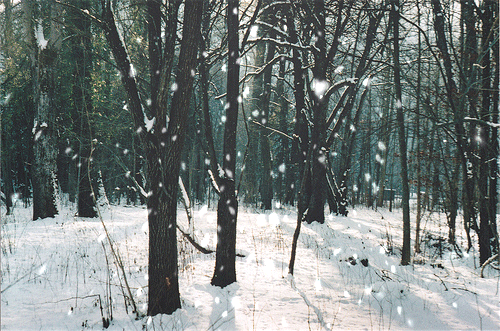So, as you may have noticed, I’ve fallen way behind with Lexember. I got sick with the flu a week ago, and by the time I was better it was Christmas time and I was away from home and my computer. So I’ve only just started to get back on track. So in order to make things quick, I’ve decided to put all the missing words in one post, rather than make a post for each word. No GIF either, the process of choosing GIFs just takes too much time. This post will just be words, and short explanations. Well, besides this introduction of course! :P
22nd Word:
pekrépe
[pe̞kˈɾe̞ˑbə̆], inalienably possessed noun: “disease, sickness“
Guess why! :P Anyway, this word is etymologically transparent (sound changes just happen to have kept it and its components recognisable) and means “bad shadow” and harkens back to an old belief of the Mountain Folk that one’s shadow could somehow become “infected” (mostly by bad spirits) resulting in diseases of the mind and body. Modern Mountain Folk naturally know where diseases come from, but the word stayed, just like we still call malaria “malaria” despite knowing it doesn’t come from “bad air”.
23rd Word:
urún
[uˈɾuˑn], intransitive verb: “to tire, to be/get tired“
This verb refers to the general feeling of tiredness one gets from exerting oneself physically or mentally. Fatigue due to illness is also included.
24th Word:
tamín
[täˈmiˑn], alienably possessed noun: “riverside village, fishermen’s settlement“
The generic word for “village” is hár. Tamín refers to a specific subset
of villages, those set next to a river, and exploiting that river for
subsistence.
25th Word:
harté
[häɾˈt͡ɕe̞ˑ], intransitive verb: “to party, to celebrate“
This verb originally means “to go/be in a village”. The shift in meaning probably comes from the
custom of celebrating the most important ceremonies in one’s native village, rather than where one normally lives, with the travelling back to one’s birth village becoming as meaningful and important as the ceremonies themselves.
26th Word:
saér
[säˈe̞ˑɾ], transitive verb: “to enter, to go/come in“
Here we have another commonly used verb of motion.
27th Word:
saériwe
[säˈe̞ˑɾɪ̆ʋe̞̽], ditransitive (causative) verb: “to put in, to place inside“
As explained before, verbs referring to putting things in a certain locations are causatives of verbs of motion in Haotyétpi.
28th Word:
wessó
[ʋe̞ˈsːo̞ˑ], alienably possessed noun: “boat, ship“
This word refers mostly to small to midsize boats used on rivers and other
waterways, although it can also be used to refer to larger, seafaring
ships.
29th Word:
peón
[pe̞ˈo̞ˑn], alienably possessed noun: “speech, language; word“
There is another word for “language” in Haotyétpi: asotyétpi. But that
word refers to language as a conceptual entity, an object one needs to
know how to handle in order to communicate with others. Peón refers to
the more mundane words themselves, the actual speech as it is spoken or
externalised in any way.
























